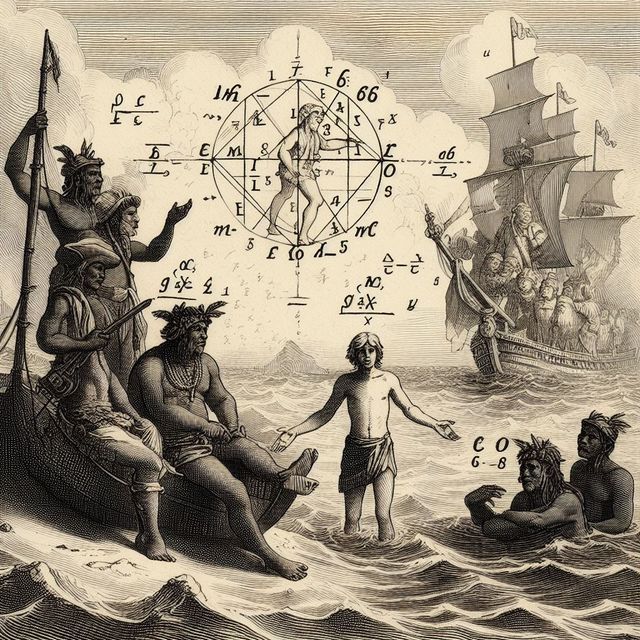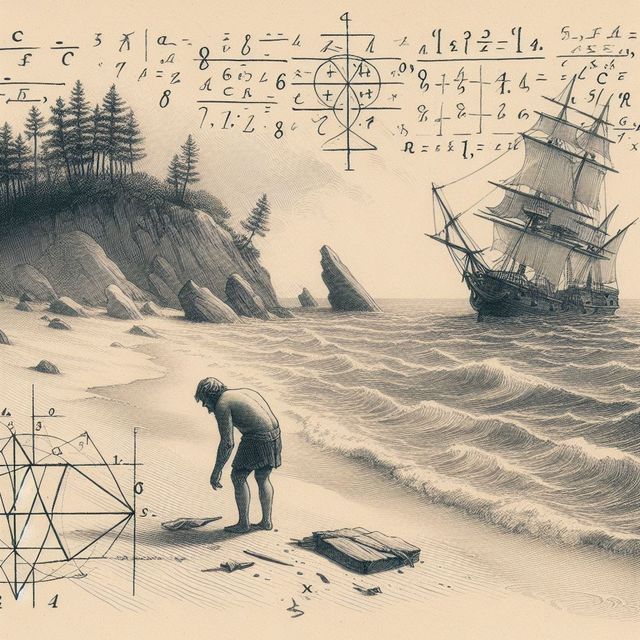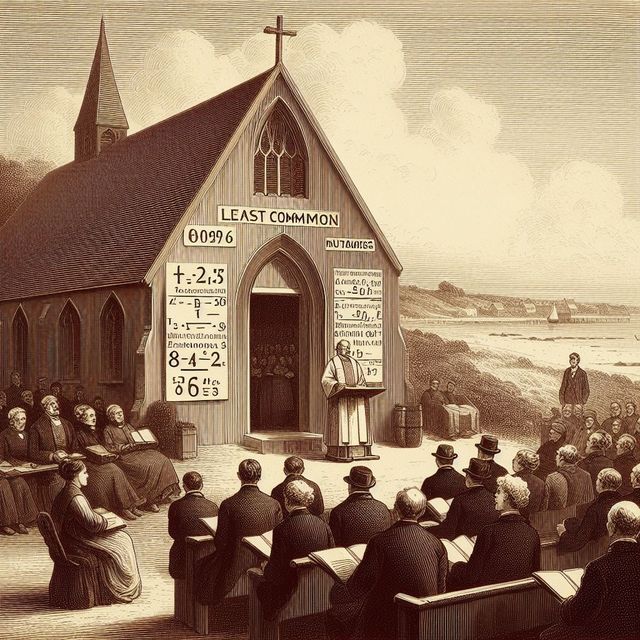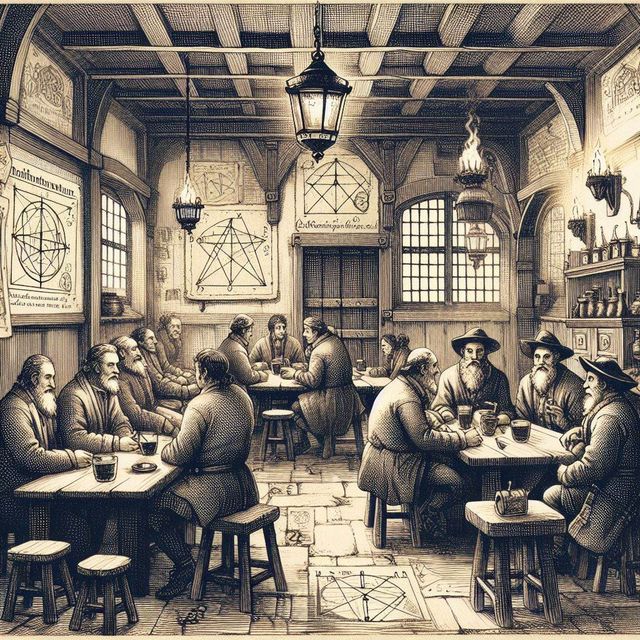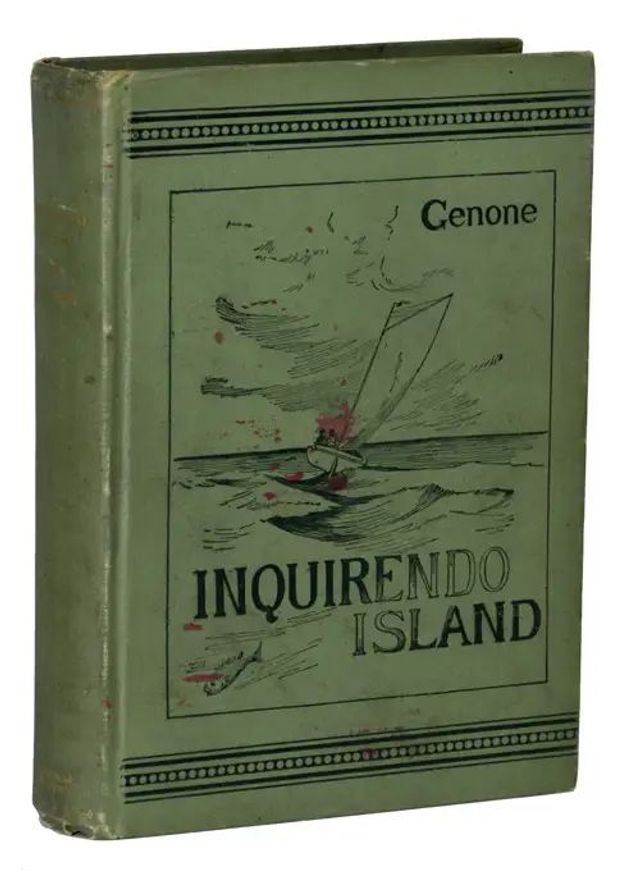-
Vijay Fafat
- Published on
A very long, thinly disguised satire on sectarian splits in Religion, fairly nicely written. A man lost at sea is ship-wrecked on an island called “Inquirendo Island”, probably a sarcastic aside on the nature of customs prevailing there. The people are normal run-of-the-mill variety but with one strong peculiarity: they follow Mathematics as a religion. To them, Mathematics and Arithmetic were some kind of Apostles or even God, true sources of wisdom. These people, developing in complete isolation from the rest of the world, (even believing that there was nothing more to the lower universe than the island itself) consider Mathematics to be a monolithic religion and are broadly governed by its 4 rules — addition, subtraction, multiplication and division. However, different groups of people have differing views on the nature of Mathematics and its teachings, splitting into various sects with their own churches — “Cathedral of the Greatest Common Divisor, Church of Least Common Multiple”, “Church of the Holy Decimal”, etc… Children go through baptization through the “rite of cancellation” and “ciphers” are enrolled as “integers”. Devil is represented by “Arch Ten” since nine is considered to be highest single number that can be aspired to by the human brain. Schisms develop amongst groups characterized by specific mathematical operations which are considered “divine”. Hell is called “Undersea”; it is “a place where Mathematics is not, but where despair reigns”
There are some curious math pieces sprinkled across the novel. E.g. In the Inquirendo number system, every number is represented as a sum of the form a1a2a3…aN + B; its actual value is then B added to the product of all the A’s [every A and B less than or equal to 9. e.g 985+5 = 985+5 = 365. The non-uniqueness of such a representation is not addressed].
It is fairly entertaining, if sometimes plodding, novel (in some ways reminiscent of Samuel Butler’s “Erewhon” which also describes a society with a very different belief system and was a satire on the Victorian society)
